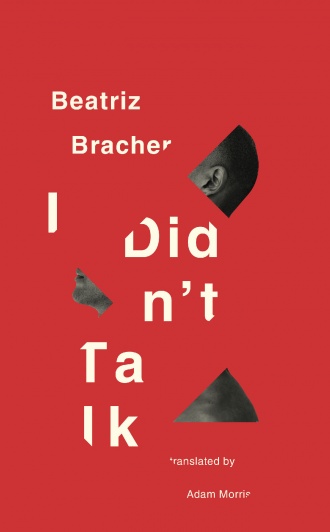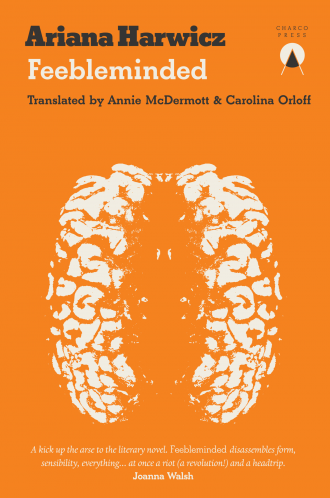This is the last article you can read this month
You can read more article this month
You can read more articles this month
Sorry your limit is up for this month
Reset on:
Please help support the Morning Star by subscribing here
CAROLYN FORCHE’S What You Have Heard Is True (Allen Lane, £25) is an electrifying memoir in which the acclaimed US poet tells how she became an activist in El Salvador during the late 1970s and early 1980s.

Forche’s was a trial by fire. She recounts how, as a 27- year-old poet and young teacher living in southern California, she became involved in El Salvador’s civil war through her contact with Leonel Gomez, nephew of Salvadorian poet Claribel Alegria.
A remarkable story of a woman’s radical act of empathy and her fateful encounter with the man who will eventually change her life and career as a poet, it starts in 1977, just a few months before the beginning of a 12-year civil war that would plunge El Salvador into one of the bloodiest and most violent conflicts in Latin America.
It claimed almost 100,000 lives, with thousands “disappeared” and a million people either internally displaced or taking refuge in other countries between 1980 and 1992.
The bulk of the killings were committed by government forces, in turn bolstered and funded by US money and military training. Forche’s mesmerising account, taking in peasant homes, retired generals’ grand mansions, protest marches and safe houses, reaffirms the important role memory plays in uncovering abuses and social injustices committed by the authorities.
Memory plays an important role too in Beatriz Bracher’s novel I Didn’t Talk (New Directions, £10), in which left-wing politics opposing dictatorship permeate an enigmatic rumination about the dark and not-so-distant history of Brazil.

Protagonist Gustavo, a professor preparing to retire, is set to move from Sao Paulo to the countryside but, as he sorts out his papers and documents, the ghosts return in full force. During the dictatorship, Gustavo and his brother-in-law were both arrested and tortured and the latter didn’t make it through.
I Didn’t Talk is memorable in its depiction of the self-inflicted punishment and the psychological implications of shame, guilt and remorse from the victim’s point of view.
It’s a remarkable and poignant novel that transcends space and time while confronting the continuing dark consequences of Brazil’s authoritarian rule.
Stubborn Archivist (Fleet £14.99) by young Anglo-Brazilian writer Yara Rodrigues Fowler is a book that deserves a place in the new and exciting pantheon of Latino-British writing.

It’s the story of a young female Londoner with Brazilian and English roots who lives between two cultures, languages and traditions. Achingly beautiful and elegantly written, the narrative is told from the perspectives of the mother, grandmother and aunt of the protagonist, whose name is never revealed.
Its stunning use of dialogue and secrets left unsaid by the characters makes this a highly original and inventive work of fiction in its treatment of identity, teenage sexual abuse, immigration, love and family histories.
There’s an understated intelligence and subtlety in its poignant moments, as when the 15-year-old protagonist has an argument with her parents on the Tube after a night out at the theatre and makes her mother bluntly aware of her foreignness.
Rodrigues Fowler is a very promising writer who manages to create a world where belonging and identity is sometimes put into question, where some friends and acquaintances have problems pronouncing your name, where coming home means different things depending on where you are or want to be.
In Feebleminded (Charco Press, £9.99), Argentinean writer Ariana Harwicz proves again that she is a literary force to be reckon with.

Her second novel to be translated into English is a fearless and raw account of a mother-daughter relationship, in which violence and madness seem to be always present.
Both mother and daughter lead a life of pure intensity, with bursts of obsessive housework and periods of laziness in their garden. And they’ve a profound desire to kill each other, driven by the men in their lives.
“I failed at everything, I started your childhood back to front,” the daughter says at one point. “I should have given you a proper education, stopped you from sticking your fingers into your shell and pulling out the slug… I’m lying down like a mammal, woolly years over my eyes. I’m upholstered, lined, and between my mother and me runs a cliff edge, the water rising and rising.”
That passage typifies this fast-paced book, full of the lyrical force which to me is Harwicz’s forte.







